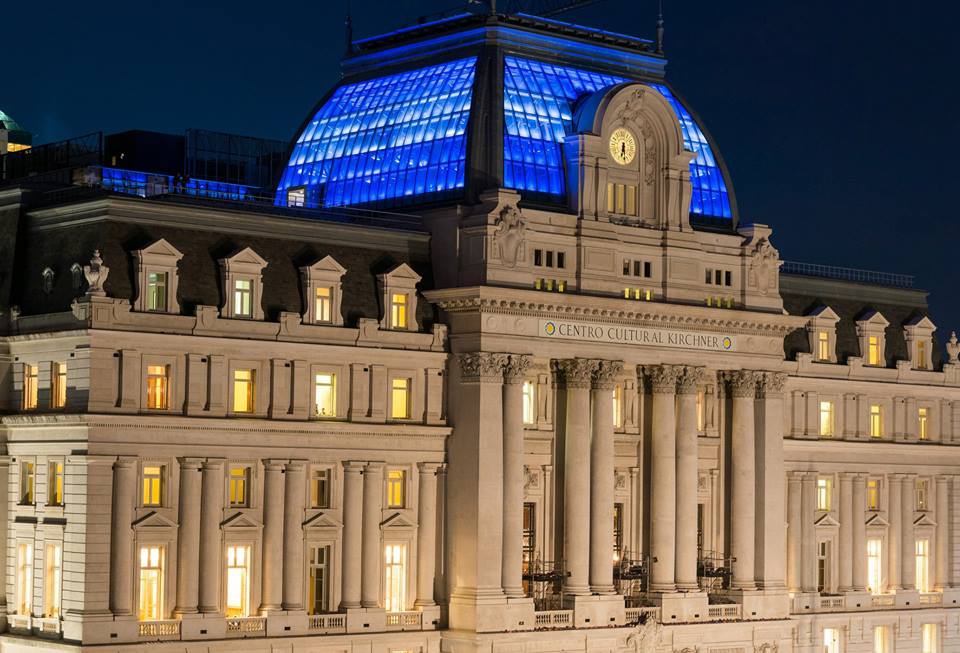The Institute for International Law and Justice (IILJ) will host a discussion at the WTO Ministerial Conference on Monday, December 11 from 17.00-1830 in room 402 of the NGO Centre in the Centro Cultural Kirchner (CCK). The Institute will briefly introduce its ongoing work in the MegaReg project, followed by an open discussion with the audience.

In its initial phase, the MegaReg project project focused on the framing, substance, and exclusions of proposed megaregional agreements such as the Trans-Pacific Partnership (TPP) and its relation to global economic ordering and the multilateral trading system of the WTO. We examined in detail the intended effects of trade and investment agreements on national systems of regulation and the consequences for the relative power and agency of actors therein. We have also analyzed intended and unintended effects on third parties, particularly developing countries, whose interests were not directly taken into account during the TPP negotiations. These themes are the foundation for our forthcoming book “Megaregulation Contested: Global Economic Ordering After TPP” (Oxford University Press 2018).
The key observation animating the next phase of the project is the loss of connections between economistic thinking and social-embeddedness. We seek to correct this by constructing a human-capabilities based normative framing for analyzing, critiquing, and developing alternative approaches to global economic agreements in the context of the current and incipient politics of globalization. It asks: What are the advantages and drawbacks of future public, public-private, or private regulation and legal ordering? What role has regulation—and in particular a conception of regulation focused on negative externalities and market failures to the exclusion of distributive consequences—played in globalization? What are potential reforms to institutional and regime design which respond to normative considerations but also take into account the modern political economy of global regulation, and the highly uneven ability of actors within and across countries to participate, challenge, and contribute to the form of global regulatory governance?
Our brief presentations in Buenos Aires will raise issues around the limited knowledge of globalization’s impacts on different places, the shallow normative justifications based on aggregate welfare, and possible avenues for a new normativity. We will draw on current debates about the WTO’s electronic commerce work programme and the future of ‘digital trade’. We will also discuss how to improve the participation of civil society at WTO events and possibilities to craft a more progressive agenda for global trade.
But, the main purpose of the event is to exchange ideas between academia and the whole spectrum of civil society–from the business community to activists.
Participants:
Robert Howse, Lloyd C. Nelson Professor of International Law, New York University School of Law
Nahuel Maisley, IILJ Fellow and Lecturer of International Law at the University of Buenos Aires
Paul Mertenskötter, IILJ Fellow
Thomas Streinz, IILJ Fellow

